
Welcome from the Program Director
As you prepare to embark on the next phase of your medical training, you are likely considering many factors. Geography, clinical experiences and reputation are often at the top of the list. But there is another factor that I hope is primary on your list.
Each of us began medical school with a perception of what it means to be a doctor. That perception may have been based upon personal experience, educational observation, or media messages. Once we crossed the threshold into medical school, that perception was rapidly sculpted by experience. If you reflect on your own journey through medical school, you will note that you learned many intangible skills and attitudes that were not covered in textbooks, lectures, laboratories or course objectives. Honest reflection would probably reveal that although some of these intangibles were admirable, there were also many that did not buttress your core values of honesty, integrity, caring, compassion, altruism, and empathy. Instead, they may have made you more cynical towards patients, teachers, and your chosen profession.
For this reason, when we set out to create this residency program, we made the culture of our learning environment the centerpiece. We asked, what would it take to engineer our learning environment so that we live out the Golden Rule? The outcome of our efforts is a residency program that we believe is unlike any other. Ours is a program that welcomes people from all backgrounds; a program that encourages people to fearlessly express genuine caring, compassion and empathy; a program that is deeply dependent on teamwork; a program that sees quality as the natural outflow of curiosity; a program that embraces servant leadership as the essential way of being.
Now it’s up to you to decide if our program is the right one for you. Focus on our PEOPLE. Our faculty are caring, highly competent physicians who see teaching as a sacred privilege. Focus on our PROCESS. Our curriculum is evidence-based, employing the best practices in educational theory and state-of-the art facilities. Focus on our PURPOSE. Our goal is to improve the health of our community in all that we do. Take time to explore these details. Reflect on how you got here, and where you think your journey is taking you next.
“He is no fool who gives what he cannot keep, to gain that which he cannot lose.” (Jim Elliot)
Francis Nuthalapaty, MD FACOG
Program Director
Program Leadership
-
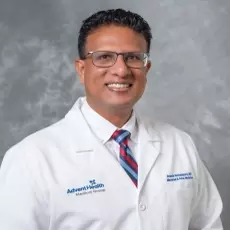
Francis Nuthalapaty, MD
Program Director
Maternal-Fetal Medicine
AdventHealth Medical Group
-
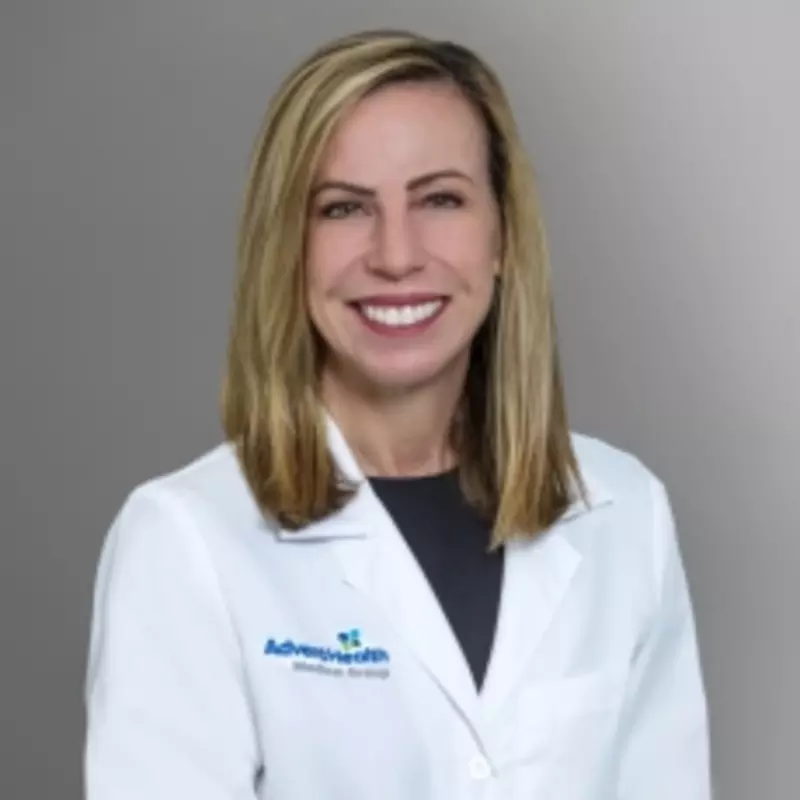
Shelly Holmstrom, MD
Core Faculty
OB-GYN Generalist
AdventHealth Medical Group
-
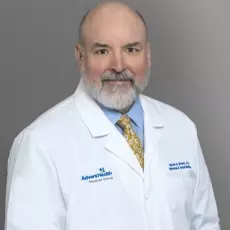
Harold A Bivins Jr, MD
Core Faculty
Maternal-Fetal Medicine
AdventHealth Medical Group
-
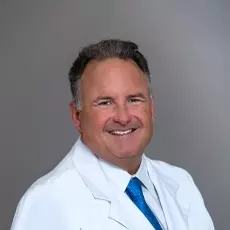
Robert S. Furr, MD, FACOG
Core Faculty
Minimally Invasive Gynecologic Surgery
AdventHealth Medical Group
-
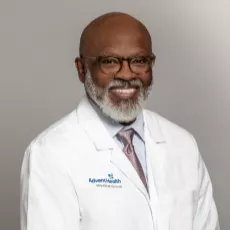
Philip N Johnson, MD, FACOG
Core Faculty
Gynecologic Surgery
AdventHealth Medical Group
-
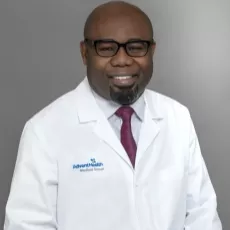
Ebelechukwu 'Chris' Nnoli, MD, FACOG
Core Faculty
OB-GYN
AdventHealth Medical Group
-
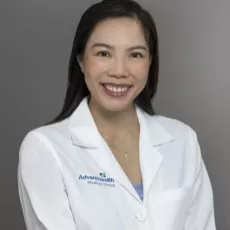
Kristal Sheets, MD
Core Faculty
OB-GYN
AdventHealth Medical Group
-
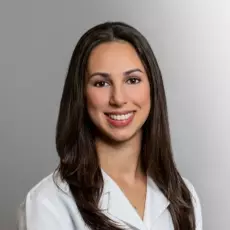
Isabel Prieto, MD
Sub-specialty Faculty Educator
Female Pelvic Medicine and Reconstructive Surgery
AdventHealth Medical Group
-
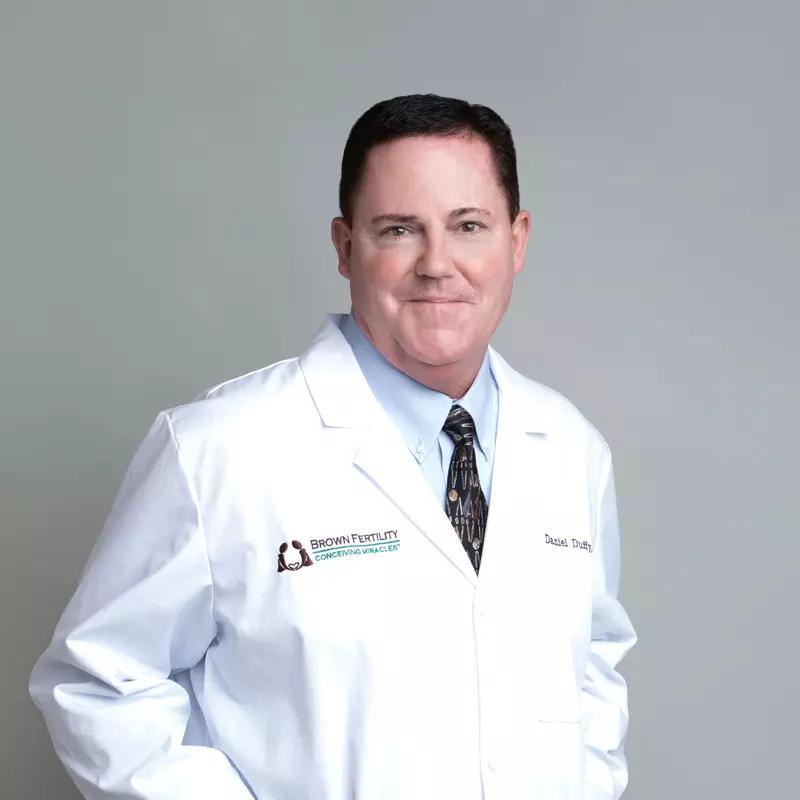
Daniel Duffy, MD
Sub-specialty Faculty Educator
Reproductive Endocrinology and Infertility
Brown Fertility
-
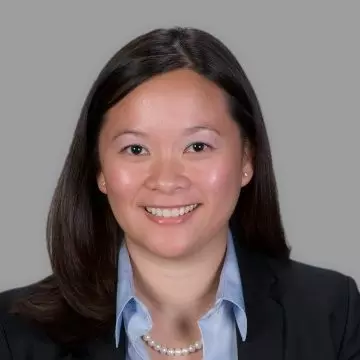
Jing-Yi Chern, MD
Sub-specialty Faculty Educator
Gynecologic Oncology
Moffitt Cancer Center

